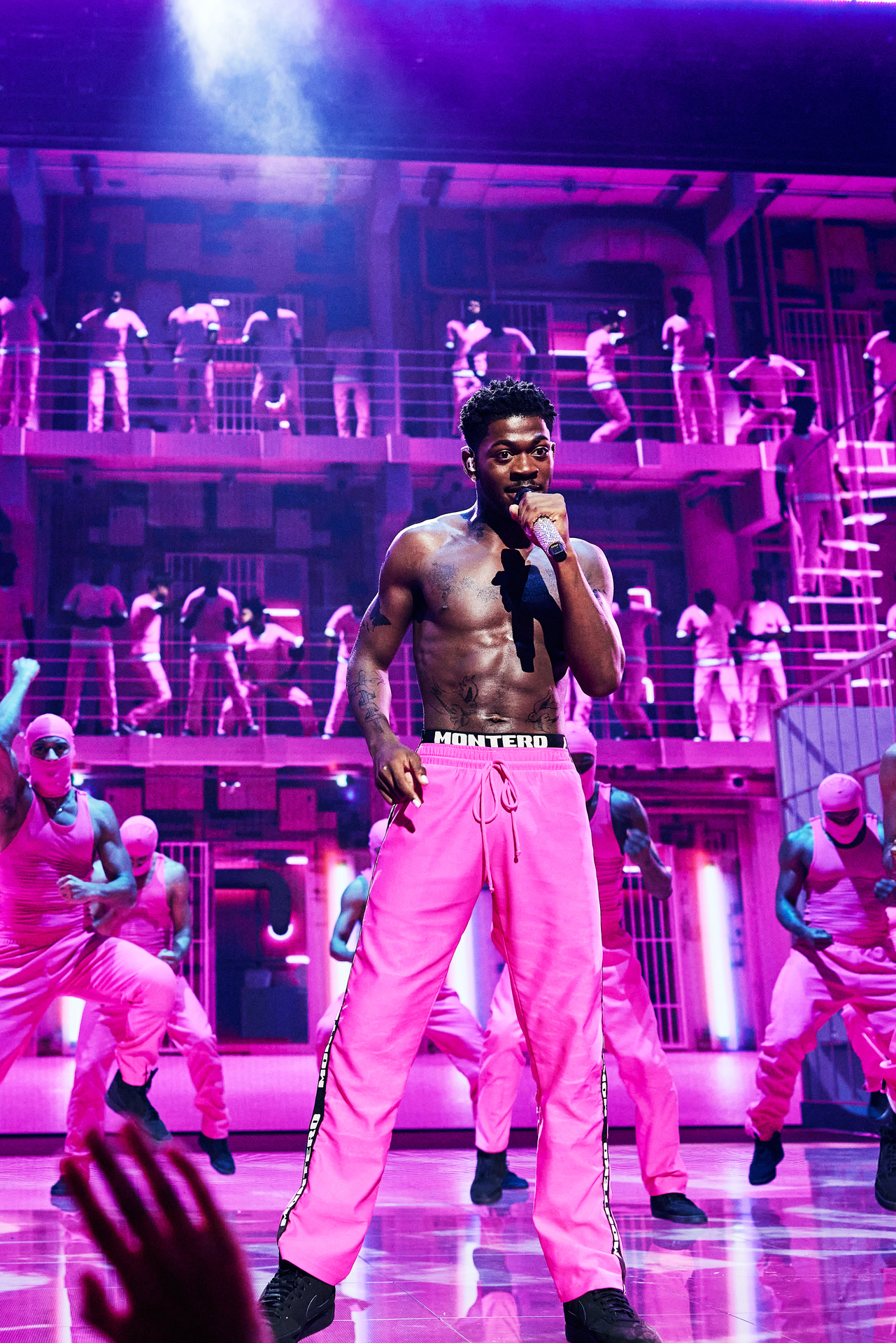The text on intersectionality speaks to the importance of acknowledging the multifaceted nature of humanity. No one is really just one thing and it is important to not let one group or person with a particular attribute or identity stand for all people who may identify in a similar way. One particular quote that stood out to me was, “When people hailing from non- normative identity locations gain recognition through representation, they have often served […] as the exceptions that prove the rules (a version of tokenism that seems to suggest that the presence of one queer person or black person, much less one queer black person, stands for all people within these categories).” This discussion of the impact of having a person who identifies a certain way stand for all people who identify that way reminded me of a conversation I had with a friend about the Lil Nas X song “Industry Baby”. My friend said it was about being gay, while I thought the song was mostly about Lil Nas X and his career of which one aspect was his identity as a gay man. So I went back and look at the lyrics of the song (which I have linked below, and anyone can feel free to disagree with me in a reply) and found that only a handful of the lyrics were about being gay or queer while most of the song focused on his career and his “haters”. These last themes I think are common in a lot of songs by popular artists. I think that Lil Nas X occupies a very interesting part of the current pop culture scene and when there are not many artists with his kind of following that identify as queer it can be easy for some people to fall into the trap of only seeing him for one aspect of his identity. Once again, I am not an authority on this and I don’t know what Lil Nas X’s intentions were when writing this particular song therefore I am open to hearing what other people think.

Lil Nas X performs Industry Baby at VMAs

I think you make a really interesting point about how high profile individuals who have more diverse or intersectional identities are then reduced to simply their race, gender, sexual orientation, etc. In the case of Lil Nas X, this seems to lead to all the media he produces being seen through a certain lens that causes people to focus on his identity rather than the messages in his music. Reading the lyrics alone did emphasize your point: that the song is primarily focused on addressing the “haters” and highlighting his career, rather than his identity as a gay man.
There’s an interesting thread about “gaze” that might apply more broadly than “masculine.” Consider whether there are racial or gendered gazes that result in boiling down perspectives on performed identities to a single race or orientation.
I definitely agree with your take on Lil Nas’ lyrics. I think that even though he does talk about being gay in the song, the lyrics are more focused on his career. He’s someone who doesn’t base his entire personality or music on one thing that he identifies with. I also think what you said about no one being “just one thing” is very interesting. We all have many different words we identify with. When someone asks us the question “Who are you?”, we have many different answers for it.
I agree that Lil Nas X’s song lyrics for “Industry Baby” focuses on his journey of becoming successful in the music and entertainment industry. While observing the actual music video, however, Lil Nas X is clearly producing queer media by breaking gender norms. In the video, Lil Nas X and the dancers are seen wearing pink clothes, having make up, and have blurred out segment of them all dancing visibly naked in the showers. Though the lyrics reflect Lil Nas X’s success, the song also is a part of queer culture through the lens of intersectionality. Both attributes are present and are not confined into one or the other.